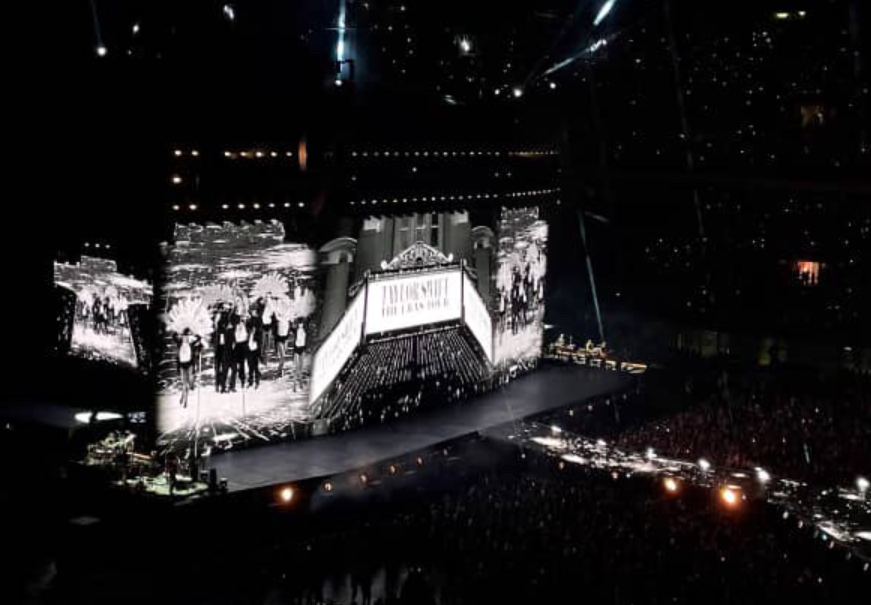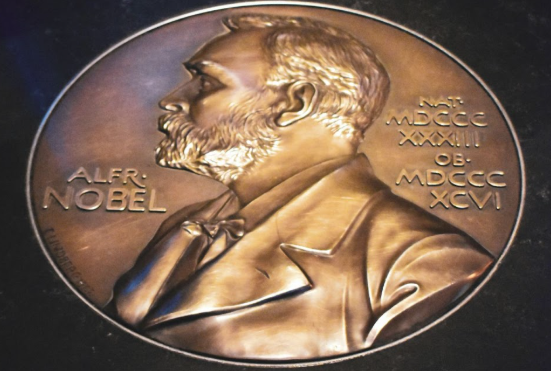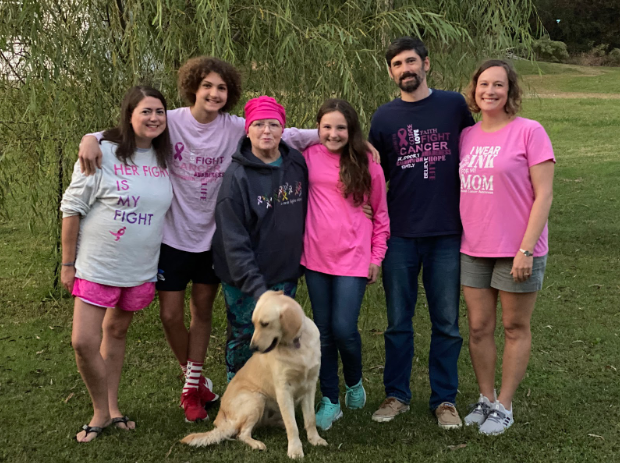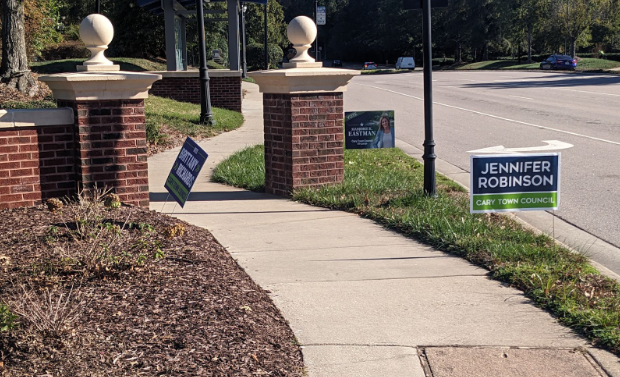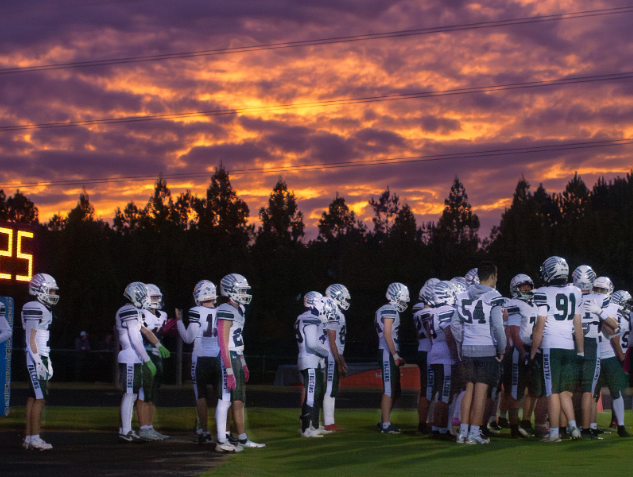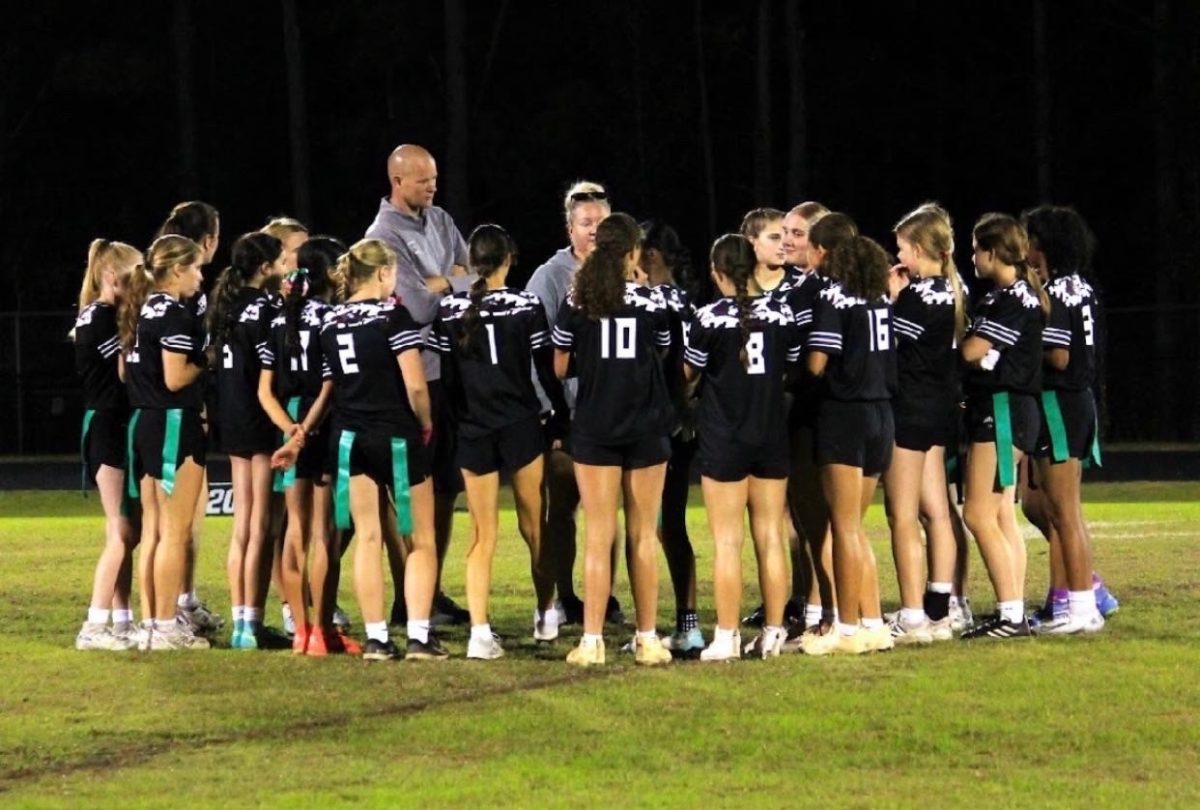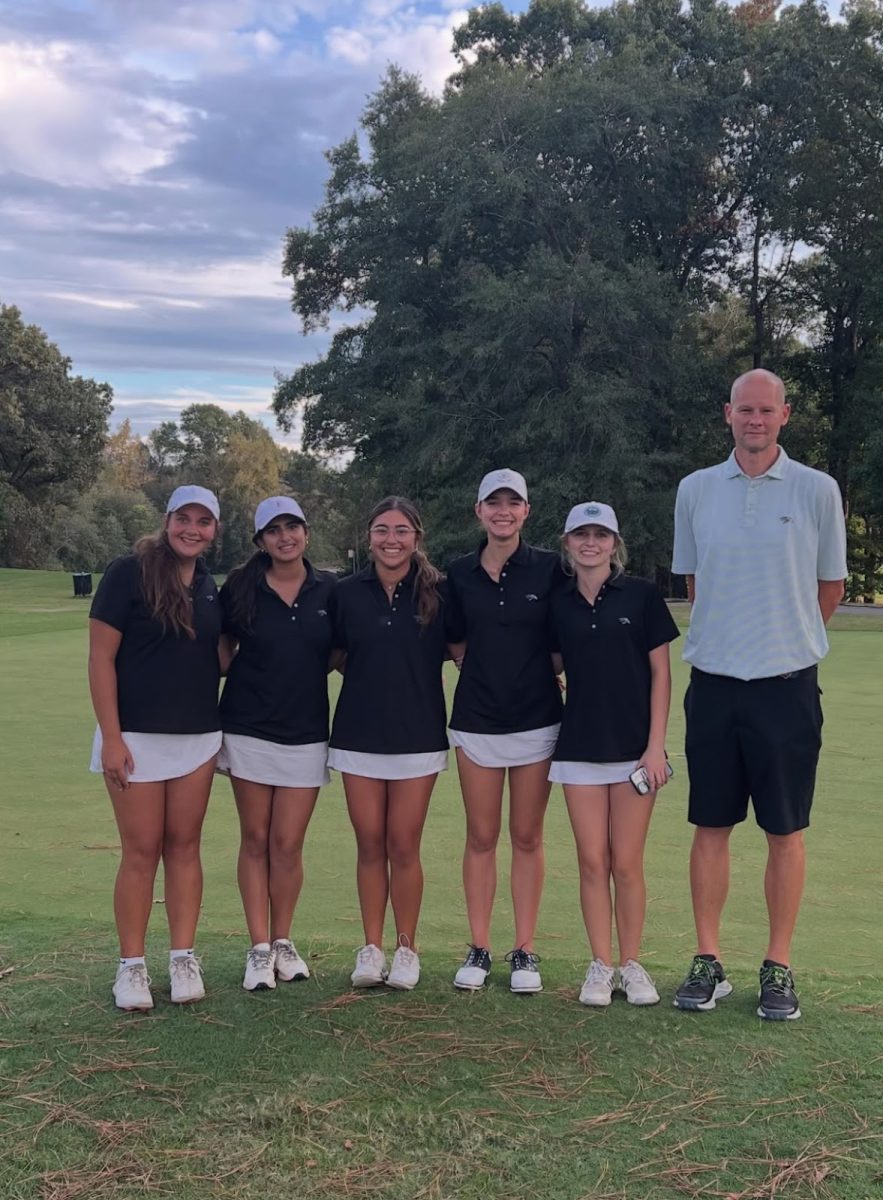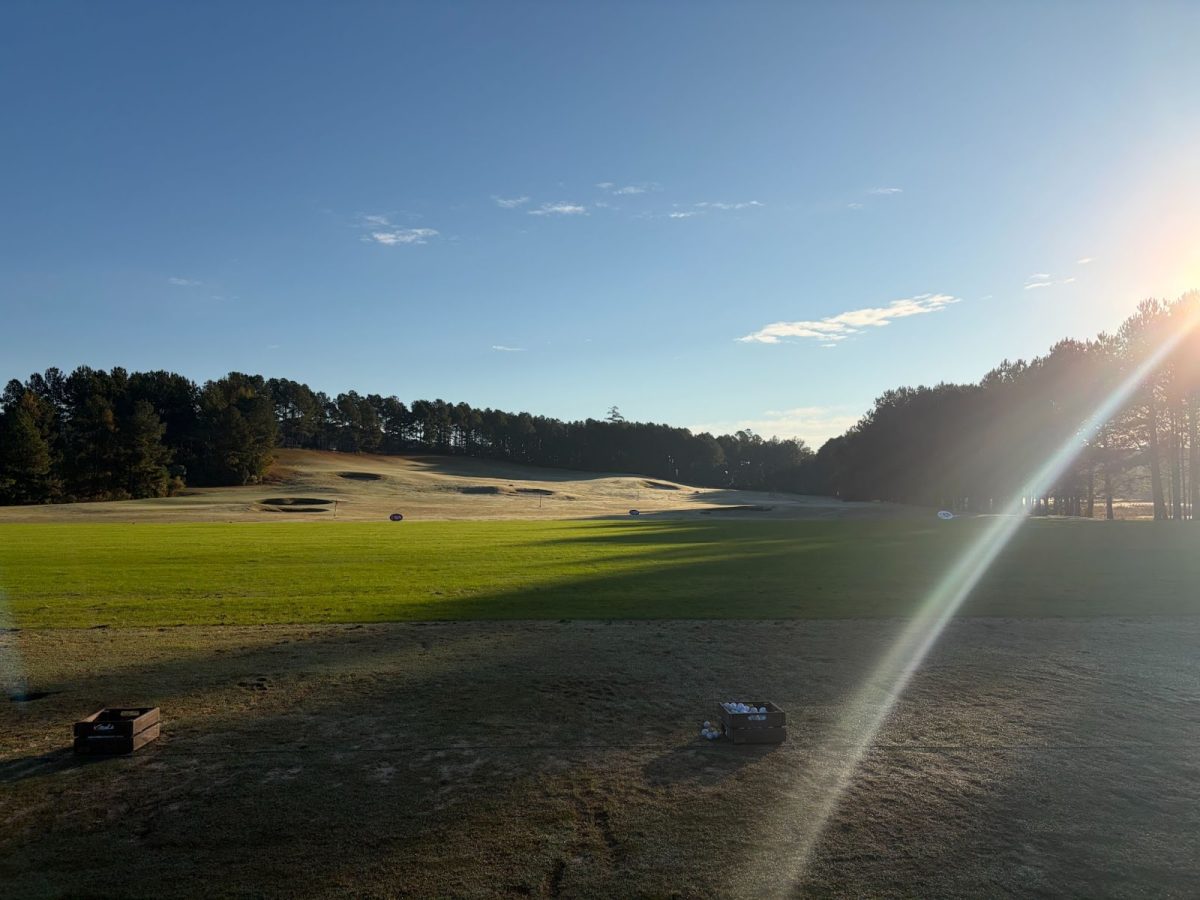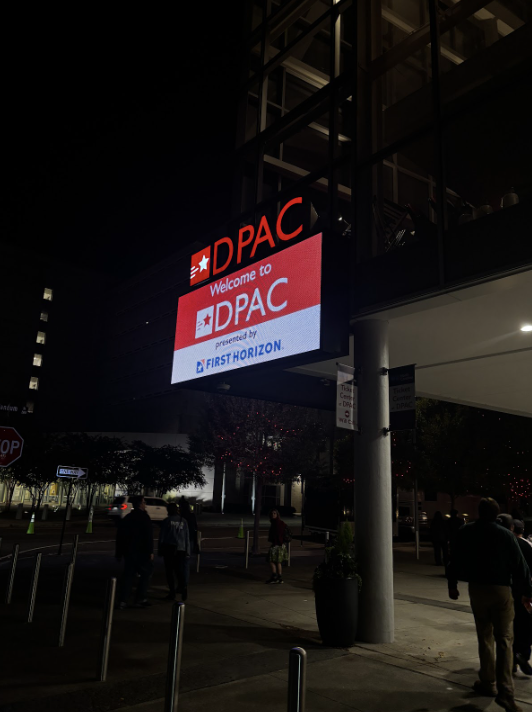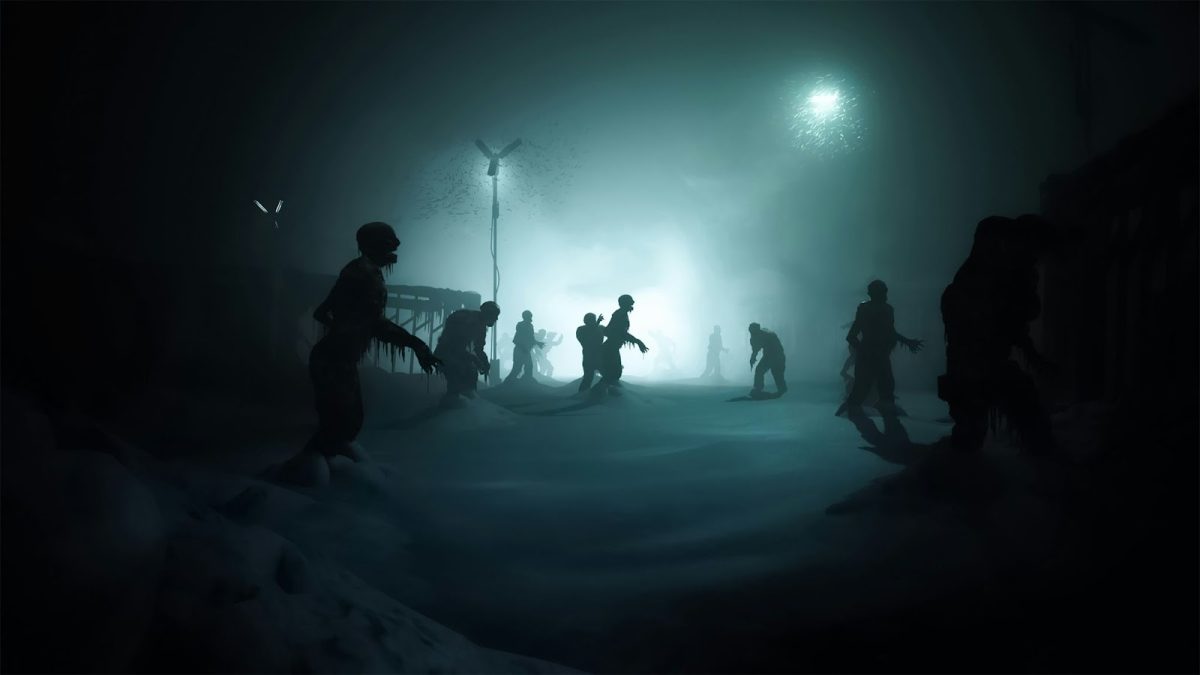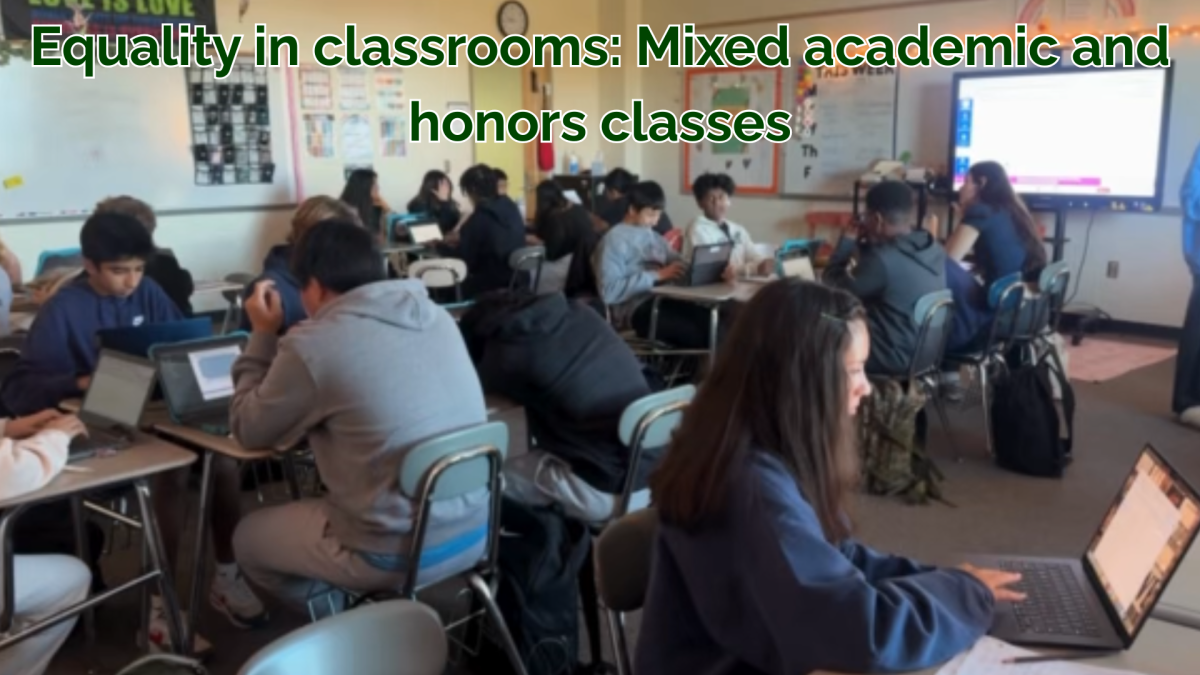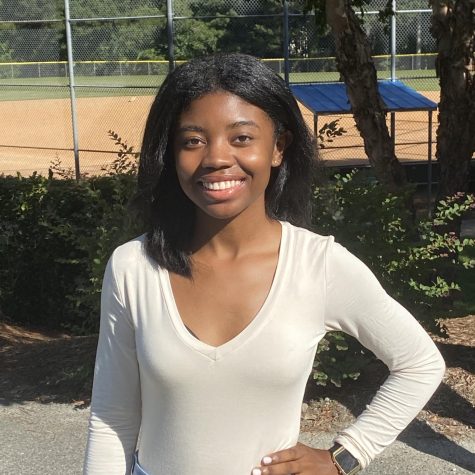Profile: Historically black colleges and universities in the Triangle
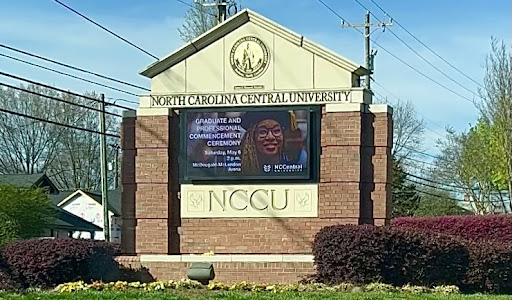
North Carolina is home to 10 accredited HBCUs. North Carolina Central University is one such institute of higher education.
March 30, 2023
For over 200 years, Historically Black Colleges and Universities (HBCU) have empowered and provided Black Americans with the skills and knowledge needed to excel in a growing and diverse workforce. North Carolina educates more HBCU students than any other state.
The GH Falcon highlights the many HBCUs in our area:
Shaw University- Raleigh, NC
Founded: 1865 (Oldest HBCU in the Southern USA)
President: Dr. Paulette Dillard
Mascot: Bears
Located in Downtown Raleigh, Shaw University is known as the first HBCU in the South, and Shaw is the first HBCU in the country to admit women. Shaw offers 21 undergraduate degrees, and some of its top majors include Business Administration, Criminal Justice, and Kinesiology. Among many “firsts” the school holds, Shaw is also noted as the first college in the country to offer a four-year medical program.
Saint Augustine’s University- Raleigh, NC
Founded: 1867
President: Dr. Christine Johnson McPhail
Mascot: Falcons
In 1867, Reverend J. Brinton Smith and Thomas Atkinson founded Saint Augustine’s University in Raleigh. Today, the school has a population of over 1,000 students. St. Augustine has more than 20 areas of study which include Psychology, Theatre, and Communications: where Saint Augs (as it is commonly referred to) became the first HBCU to own an on-campus commercial radio and television station. Saint Augustine’s is also nationally recognized for its track and field programs, which have produced over 40 Olympians including three gold medalists.
Bennett College- Greensboro, NC
Founded: 1873
President: Suzanne Elise Walsh
Mascot: Belles
Originally a co-educational college, Bennett College was founded in 1873 by Albion W. Tourgee. Just over five decades later, the school shifted its focus to catering to the education of black women and became an all-girls college in 1926. Now, 150 years since its beginning, Bennett College has graduated over 5,000 women and continues to provide quality education in 24 areas of study which include Education, STEM, Entrepreneurship, Humanities, and other programs.
North Carolina A&T- Greensboro, NC
Founded: 1891
Chancellor: Dr. Harold L. Martin Sr.
Mascot: Aggies
In 1891 North Carolina Agricultural and Technical State University was created to educate African Americans on practical agriculture and mechanical arts. In 1899, NCA&T graduated its first class with just seven graduates, and today it is one of the most prominent HBCU in the country with over 13,000 students (Fall 2021). Over the years, the school has evolved not only in its enrollment but also within its programs.
Green Hope senior Jada Jenkins (‘23) explained her reasoning for attending NCAT this fall with the GH Falcon. “I was mainly drawn to NCAT because of my major,” said Jenkins. “I want to major in Biology, and NCAT has been nationally recognized for its excellence in science.”
Jenkins encouraged students searching for which school to attend to look into attending an HBCU.
“I think people should know that being at an HBCU will give you the opportunity to experience a unique community of support and understanding from your fellow peers and staff,” Jenkins said.
Winston-Salem State University – Winston Salem, NC
Founded: 1892
Chancellor: Elwood L. Robinson
Mascot: Rams
Formerly known as Slater Industrial Academy, Winston-Salem State began in 1892 with only 25 students. In 1925, the school changed its name and became the first HBCU to offer degrees in Elementary Education. Now, the school houses over 6,000 students and offers 45 undergraduate and nine master’s programs. Majors at Winston-Salem State include Communications, Finance, Computer Science, and Nursing.
North Carolina Central University- Durham, NC
Founded: 1910
Chancellor: Dr. Johnson O. Akinleye
Mascot: Eagles
In 1910, businessman Dr. James E. Shepard created the National Religious Training School and Chautauqua for the Colored Race. His mission was to educate young men and women at a time when Black Wall Street in Durham was at its peak.
In 1969 the name changed to North Carolina Central University, and for over 110 years, NCCU has provided its students with quality education and experiences.
In an interview with the GH Falcon, senior Christyn McDowell (‘23) discussed her decision to attend NCCU.
“All of the schools I’ve been to have been PWIs (Predominantly White Institutions), and with each of those schools I’ve gone to I’ve always felt a sense of isolation and like I never fully fit in. At most HBCUs, more than half of the population are African American,” said McDowell.
Despite this, attending an HBCU provides not only black students but students of all races with opportunities and experiences they might not have encountered in other settings. Admission to an HBCU does not discriminate based on race.
Green Hope English teacher, Mr. Matthew Mayse, attended NCCU in order to obtain courses his teaching certification required. Mr. Mayse spoke to the GH Falcon about his experiences at NCCU.
“I looked into NCCU, and I enjoyed the closeness of the campus,” said Mr. Mayse. “At NCCU, there is a feeling of calm and a sense of relaxation among the students (especially the graduate level students),” he explained.
In addition to discussing attending NCCU, Mr. Mayse also spoke about his takeaway from attending NCCU.
“I believe the biggest takeaway was that an HBCU is no different from a smaller university in terms of educational value. Coming from a school as large as the University of North Carolina at Chapel Hill where class sizes could be as high as 400, my time at NCCU gave me the ability to have more robust discussions due to class sizes of 20 instead of 400,” Mr. Mayse said.
NCCU offers numerous majors such as Broadcast Media, Pharmaceutical Sciences, and even Hip Hop concentration. NCCUs accredited programs were another factor that drew McDowell to the school.
“The deciding factor in my selection of Central as my college choice was the fact that it ranks in the top three Criminal Justice programs of all HBCUs in the country, which is what I’m going to be majoring in,” said McDowell.
McDowell is hopeful for her future at NCCU, and although she and Mr. Mayse’s paths to NCCU were different, they both hope others will understand the importance HBCUs hold.
“I think the biggest takeaway would be the fact that HBCUs act almost as a safe space for black students. No matter what type of school they’re coming from, it’s known that they’ll always have a home there,” McDowell said.
In the college decision process, the choice of an HBCU provides students with a variety of options in the triangle area.

